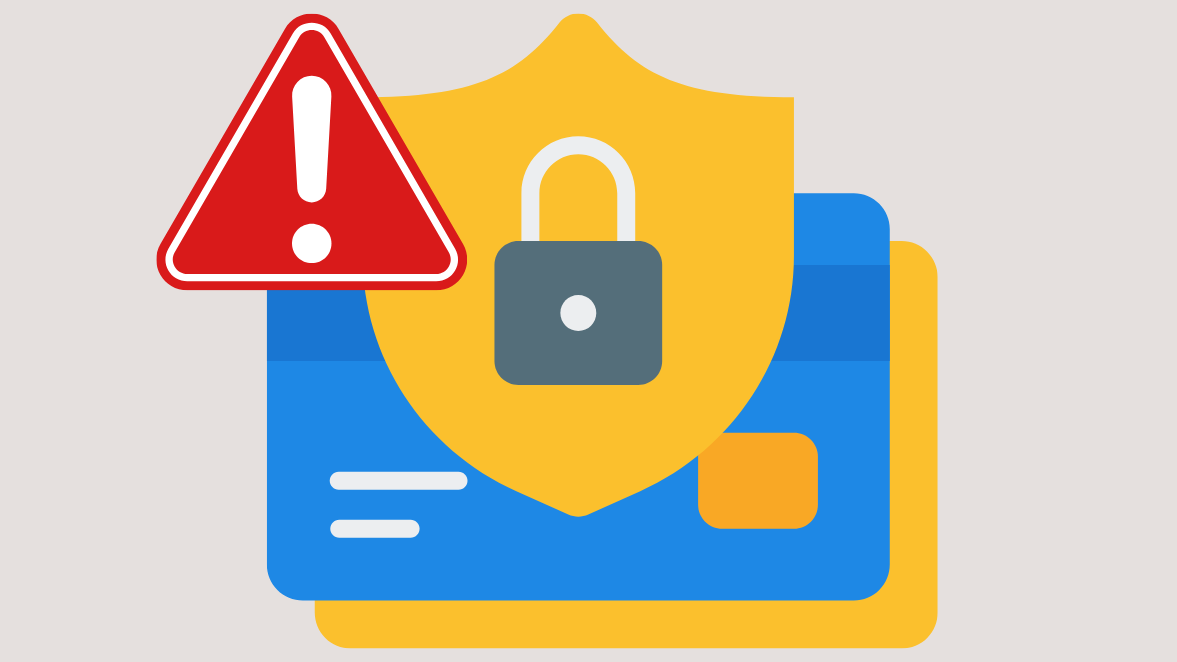Consumer Guide: How to Protect Against Real Estate Wire Fraud

What is wire fraud?
Wire fraud is a scam using electronic communications to divert money to the bank accounts of cybercriminals.
How does real estate wire fraud work?
Cybercriminals target the participants in a real estate transaction, including buyers, sellers, real estate attorneys, title companies, and real estate brokers and agents. These scammers hack into email accounts, monitor the progress of the transaction, and wait for just the right moment when the transfer of funds is necessary for the closing. Then, they send the buyer an email with a change in payment type (from check to wire transfer) or a change from one bank account to the cybercriminal’s account. These sophisticated fraudulent emails mimic the real person’s identity using company logos and email addresses that are very close but off by a letter or number.
Why are scammers targeting real estate transactions?
A home sale is a large financial transaction that involves a mountain of paperwork—today usually handled electronically—and conducted by buyers who are sometimes unfamiliar with the process. Scammers prey on buyers’ excitement and confusion.
How can you protect yourself against wire fraud?
- Be informed. At the beginning of the homebuying process, talk with your real estate agent about each step—including the transfer of funds for earnest money, down payment and closing. Make sure you know how you can verify any requests independently.
- Verify wiring instructions. If possible, get wiring instructions from the fund recipient in person. If the instructions are received through a different method, confirm in person or through a phone call with the recipient using a trusted phone number.
- Be suspicious of last-minute changes by email or voicemail. Title companies and lenders have processes in place that shouldn’t suddenly change. Examine any last-minute change or request for information carefully. Does the language make sense? Does it come from a verified email address?
- Call a trusted source before and after you wire funds. Pick up the phone and use a number you know (not one in the suspicious email or voicemail) to verify the legitimacy of any last-minute request. Don’t wire any money without confirming the information with a trusted source. When you are responding to legitimate funding instructions, call to confirm receipt of funds immediately using a known number.
- Act fast if you suspect fraud. If, despite your best efforts, you suspect you’ve been a victim of wire fraud, contact your bank to try to stop the fund transfer and report it immediately to the FBI’s Internet Crime Compliant Center (IC3).
For more information, visit the Coalition to Stop Real Estate Wire Fraud.
Your real estate agent can help you navigate the purchase of a home; consult an attorney for guidance on the laws in the state where you’re purchasing. Remember: Agents who are REALTORS® are obligated under NAR’s Code of Ethics to work in your best interest. Visit lirealtor.com to find a REALTOR® or click HERE.
Shared with permission from the National Association of REALTORS®.
Connect with a Long Island or Queens REALTOR® at lirealtor.com
Explore New York properties at OneKeyMLS.com

